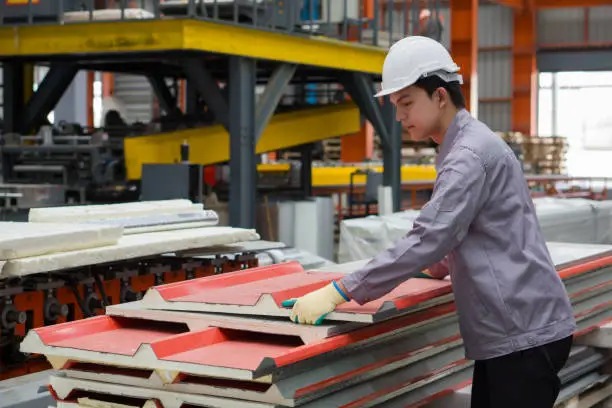Clean air and purified fluids are essential to human life. Behind the scenes of medical and environmental systems, polyurethane plays an unseen yet vital role. From dialysis membranes to air filtration foams, it delivers precision, purity, and performance. Through advanced polyurethane processing and the PU casting process, engineered materials from MPE Global ensure reliability and consistency across critical applications.
Why polyurethane stands out in filtration systems
Polyurethane combines strength, flexibility, and chemical resistance — properties ideal for filtration. In dialysis filters, it maintains biocompatibility and resists degradation from sterilization. In air filtration devices, its foams and seals provide a consistent pore structure, preventing air leakage and contamination. This balance of durability and processability makes polyurethane indispensable for applications demanding cleanliness and precision.
Precision manufacturing for reliable performance
Controlled pore structure
Filtration efficiency depends on precise pore design. Polyurethane foams can be open-cell for airflow or denser for fluid filtration. Achieving the correct cell structure requires control over formulation, catalysts, and curing conditions — all optimized through specialized polyurethane processing equipment.
Accurate mixing and curing
Even minor ratio errors during the PU casting process can compromise mechanical properties. MPE Global’s custom metering and mixing systems enable exact component ratios, temperature regulation, and curing, ensuring each filter performs consistently in demanding environments.
Integration into filter assemblies
Once cast or molded, polyurethane components are shaped into housings, cartridges, and membranes. Their resilience and adaptability make them ideal for medical and industrial filter designs that demand both rigidity and flexibility.
Polyurethane in dialysis: filtering life itself
In hemodialysis, blood passes through a semipermeable filter that removes waste while retaining vital compounds. Polyurethane forms the housing and seals that keep the filter leak-proof and biocompatible. Its resistance to repeated sterilization cycles and mechanical stress ensures long-term durability. Simply put, polyurethane keeps these life-saving devices functioning safely and consistently — filtering life with every use.
Polyurethane in air filtration: ensuring purity in every breath
From hospital operating rooms to cleanroom HVAC systems, air filters rely on polyurethane for performance stability. Foams act as pre-filters, while seals and gaskets prevent bypass leaks. Because polyurethane maintains integrity under varying humidity and temperature, it ensures steady filtration efficiency over time. The precision made possible by polyurethane processing ensures every part contributes to cleaner, safer air.
Manufacturing excellence and quality control
Producing medical-grade polyurethane parts demands precision and cleanliness. Key best practices include:
- Strict ratio control for isocyanate and polyol components.
- High-pressure impingement mixing for uniformity.
- Cleanroom-compatible machines to prevent contamination.
- Traceability and testing for consistent quality assurance.
MPE Global’s expertise in PU casting process technology allows manufacturers to meet these high standards, minimizing defects and ensuring repeatable performance.
Polyurethane quietly powers life-critical systems that filter blood and purify air. Its unique versatility, combined with exacting polyurethane processing, allows manufacturers to deliver safe, durable, and high-performing filtration devices. As medical and environmental standards evolve, the PU casting process will remain central to creating the materials that filter life.
